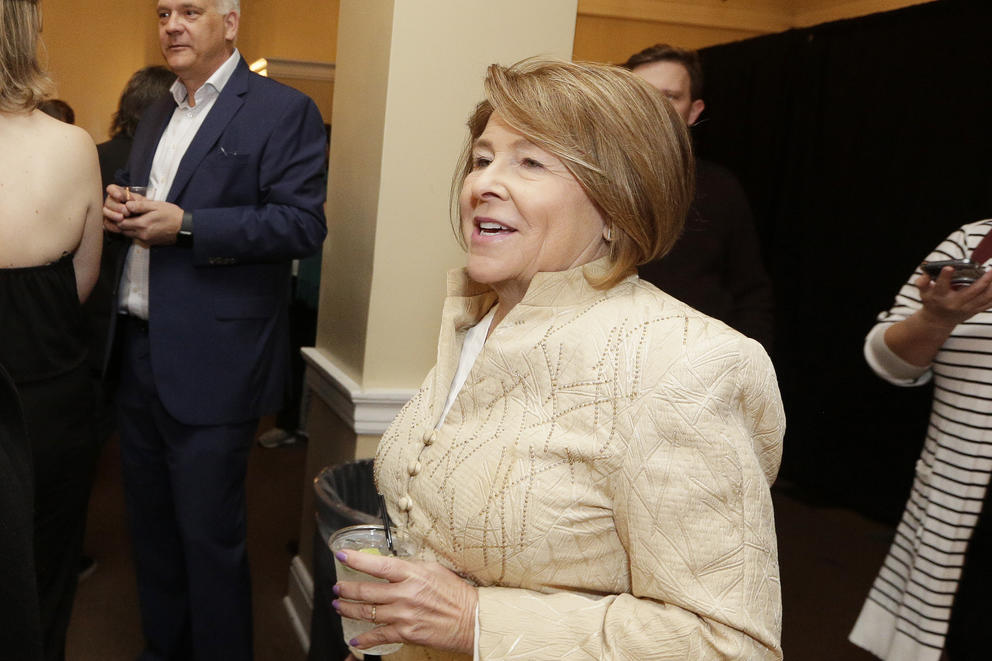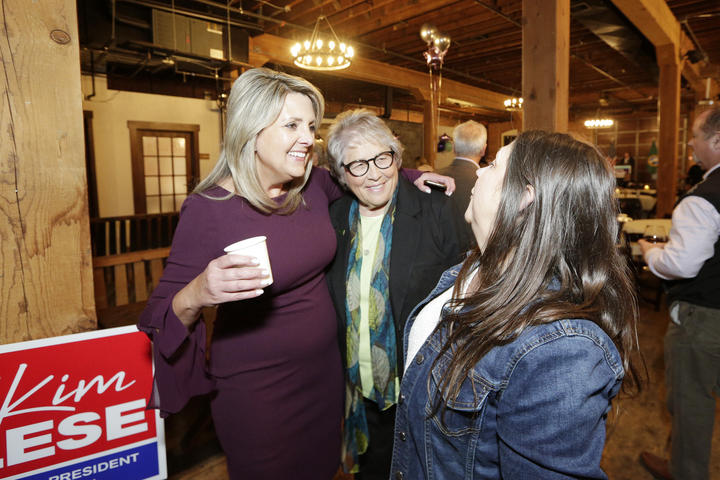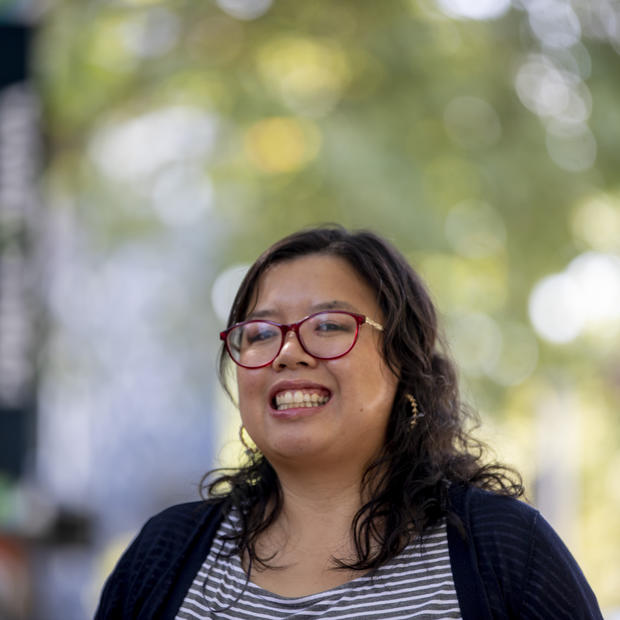In a written statement, Brown thanked supporters and expressed optimism about the results so far.
"I am deeply honored and grateful for your support," Brown said. "It will be my goal as Mayor to bring collaboration, accountability, and results to every corner of the city."
Woodward declared the race "too close to call" and said she's waiting for additional ballots to be counted.
“The results show that this is a razor thin margin with thousands of votes left to be counted,” said Woodward in a written statement. “We look forward to all votes being counted and we believe we will be successful when all votes are counted.”
The two-woman mayoral race — the first for Spokane since 1985 — has centered around several key issues, including tackling homelessness, increasing housing and addressing rampant drug use.
Brown and Woodward have butted heads at debates on the best approach to tackle these intertwined issues, with Camp Hope at the center of those disagreements.
The now-closed encampment once housed hundreds of unsheltered Spokane residents in the city’s East Central Neighborhood. Brown formerly oversaw the state Department of Commerce, which provided money for housing and other services for some encampment residents and, some say, enabled the encampment to overstay its welcome.
Woodward, in her campaign materials, has implied Brown represents the worst levels of government intrusion, which kept her from addressing critical Spokane issues. Meanwhile, Brown has made the case that Woodward has failed to address the city’s needs because she has been unable to capitalize on partnerships and available state funds.
Woodward hopes to win her second four-year term and continue to provide a conservative counterbalance to a primarily progressive City Council. Woodward also looks to achieve a relatively rare feat: In the past 40 years, only two mayors — David Rogers in 1973 and David Condon in 2015 — had successful reelection bids.
A well-known Democrat in state political circles, Brown hopes to take advantage of past electoral success. Spokane, a blue urban area in otherwise conservative Eastern Washington, went for Brown when she attempted to unseat Republican U.S. Rep. Cathy McMorris-Rogers in 2018.
Both Brown and Woodward have spent several decades in Spokane. Both settled in the region and raised their families after their respective careers — Brown as an economics professor and Woodward as a broadcast journalist — brought them to the city.
The Spokane mayor’s race has generated sizable interest both locally and statewide, as well as record-breaking fundraising. The two candidates have collectively spent nearly $1 million on their campaigns, far ahead of any other local races statewide. As of Tuesday, Woodward and Brown had raised $570,011 and $519,032, respectively. Outside interests also got involved with almost another million spent in independent expenditures, mostly for Woodward or against Brown.
In other Spokane races:
- Betsy Wilkerson was leading the Council President race with 53.28% of the vote to 46.37% for Kim Plese.
- Michael Cathcart was leading in the race for Position 1 on the Spokane City Council with 56.19% to Lindsey Shaw’s 43.08%.
- Paul Dillon leads for Position 2 on the Spokane City Council with 53.18% to Katey Randall Treloar’s 46.26%.
- Kitty Klitzke leads for Position 3 on the Spokane City Council with 59.47% to Earl Moore’s 39.85%.
The story was updated to reflect newly-counted ballots on Friday.
Get the latest in election news
In the weeks leading up to each election (and occasionally during the legislative session), Crosscut's Election newsletter will provide you with everything you need to know about races, candidates and policy in WA state.




